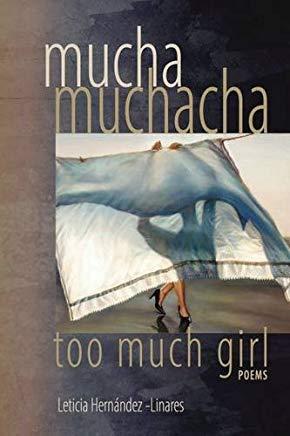
description
3The word "vos/z," spoken in Salvadoran Spanish, means "you" and also means "voice." If the word ends in "s" it means "you"; ending in "z" it means "voice." Leticia Hern ndez-Linares's poetry comes in somewhere between the S and Z, and it is, like bread, like music, for everyone. The way Leticia shares her stories speaks to the hybridity of the cultural and literary histories she hails from.
Leticia's poemsongs are her personal flor y canto. Mexican and Central American indigenous ancestors combined the concepts"in xochitl, in cuicatl" (in flower, in song) to define poetry--the poetic oral tradition they used to teach, engage, and philosophize. Leticia's writing excavates the faces of women in her family, silences in her community, and shapes their stories into a poetry that sings, and other times dances on the page. "I am cut from Santa Ana, El Salvador mujer steel, y qu orgullo,"says Leticia.
Leticia's poemsongs are her personal flor y canto. Mexican and Central American indigenous ancestors combined the concepts"in xochitl, in cuicatl" (in flower, in song) to define poetry--the poetic oral tradition they used to teach, engage, and philosophize. Leticia's writing excavates the faces of women in her family, silences in her community, and shapes their stories into a poetry that sings, and other times dances on the page. "I am cut from Santa Ana, El Salvador mujer steel, y qu orgullo,"says Leticia.
member goods
No member items were found under this heading.
Return Policy
All sales are final
Shipping
No special shipping considerations available.
Shipping fees determined at checkout.







